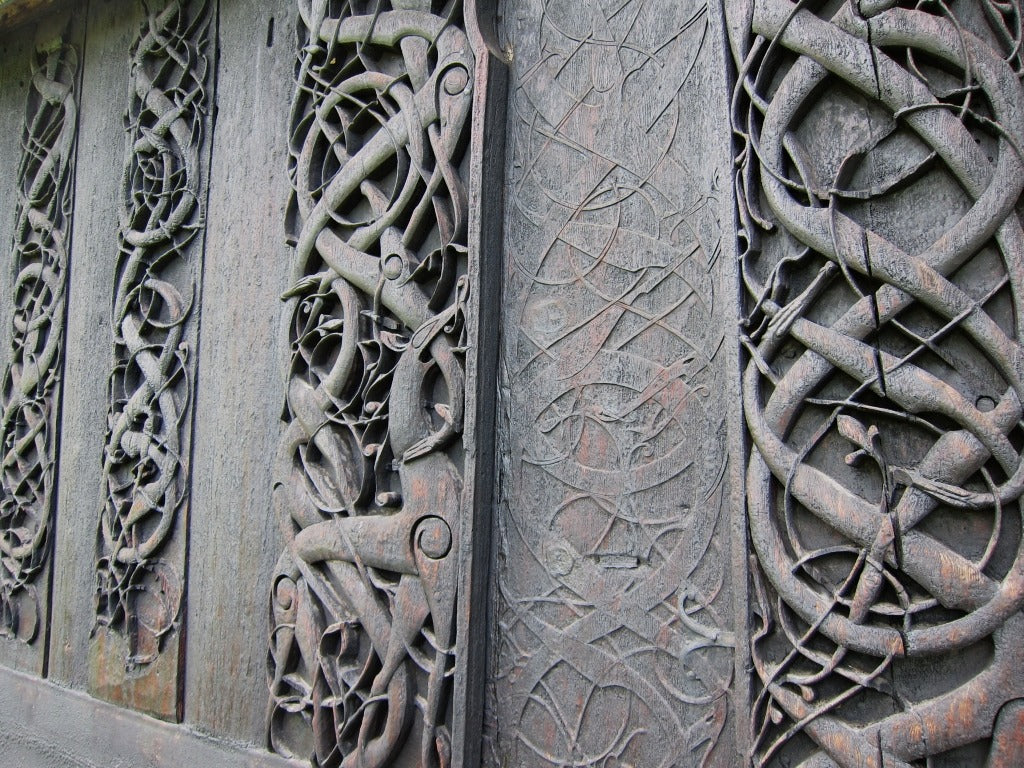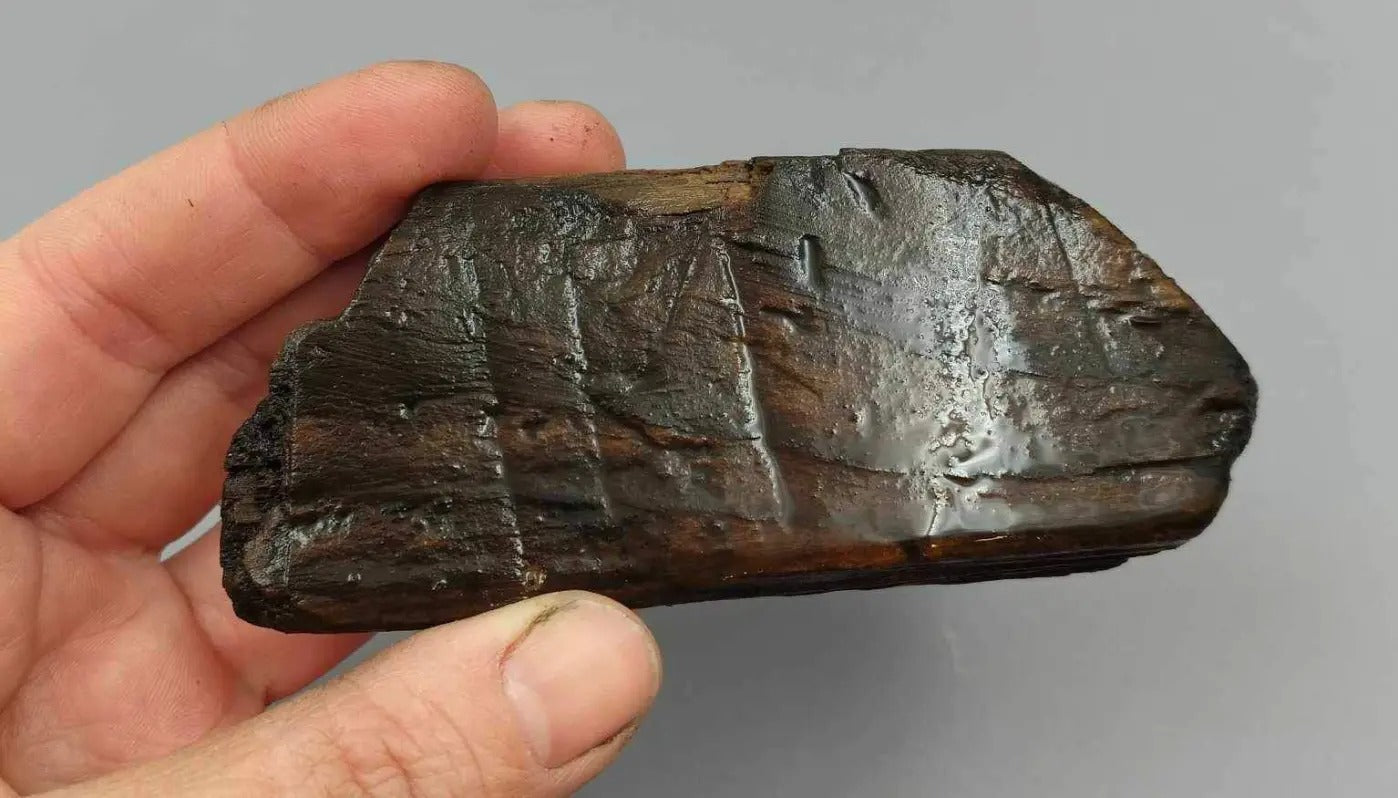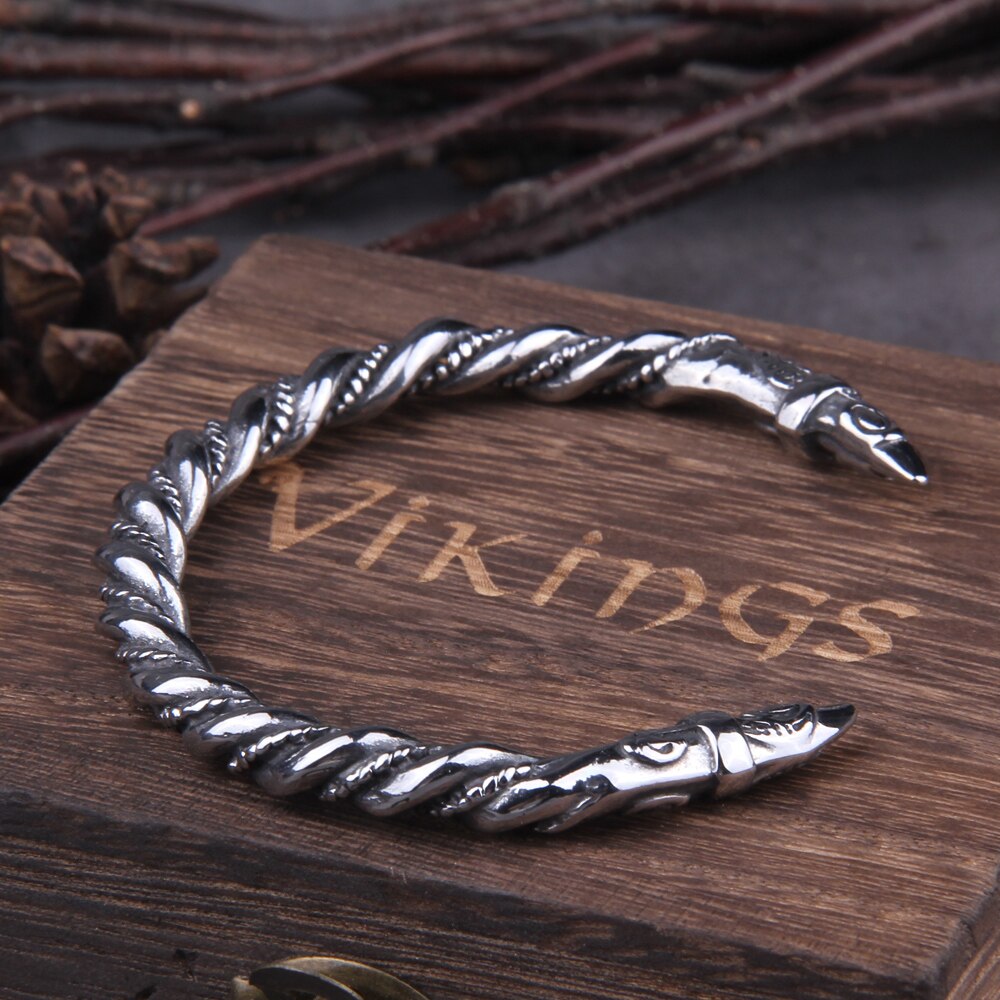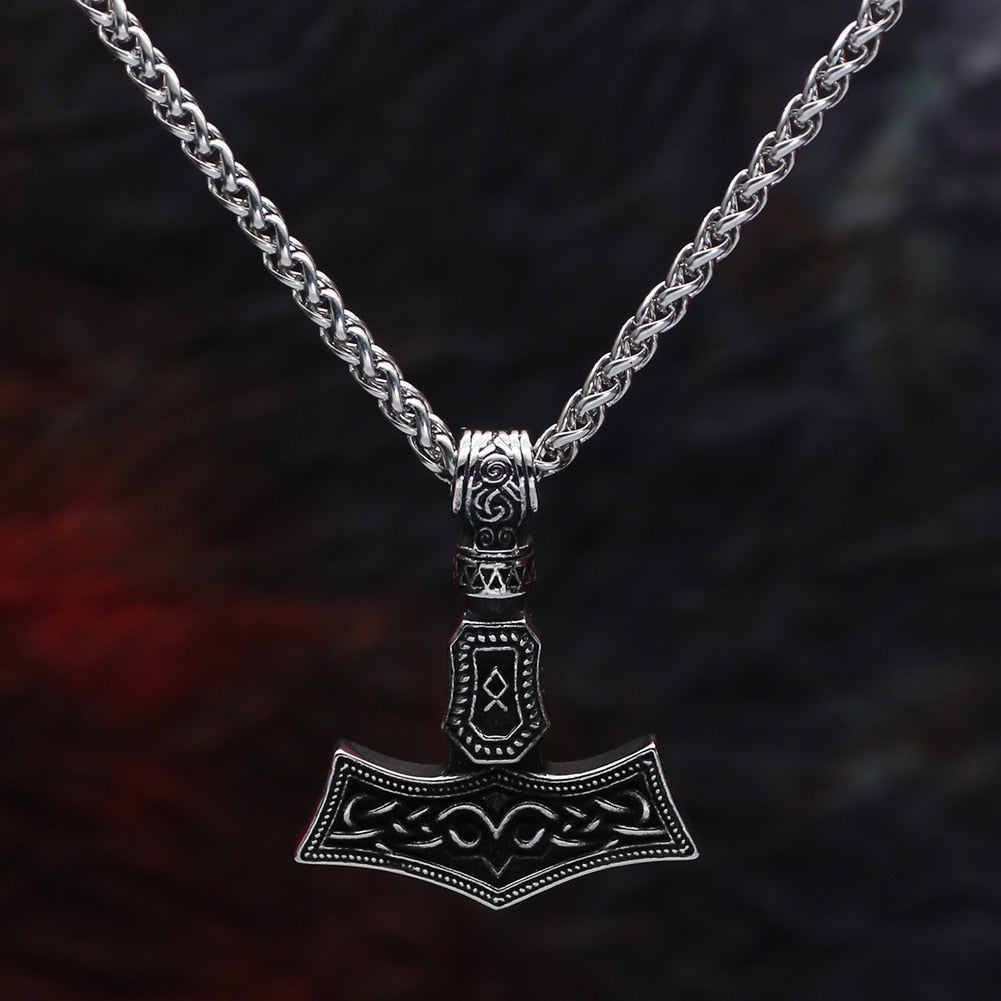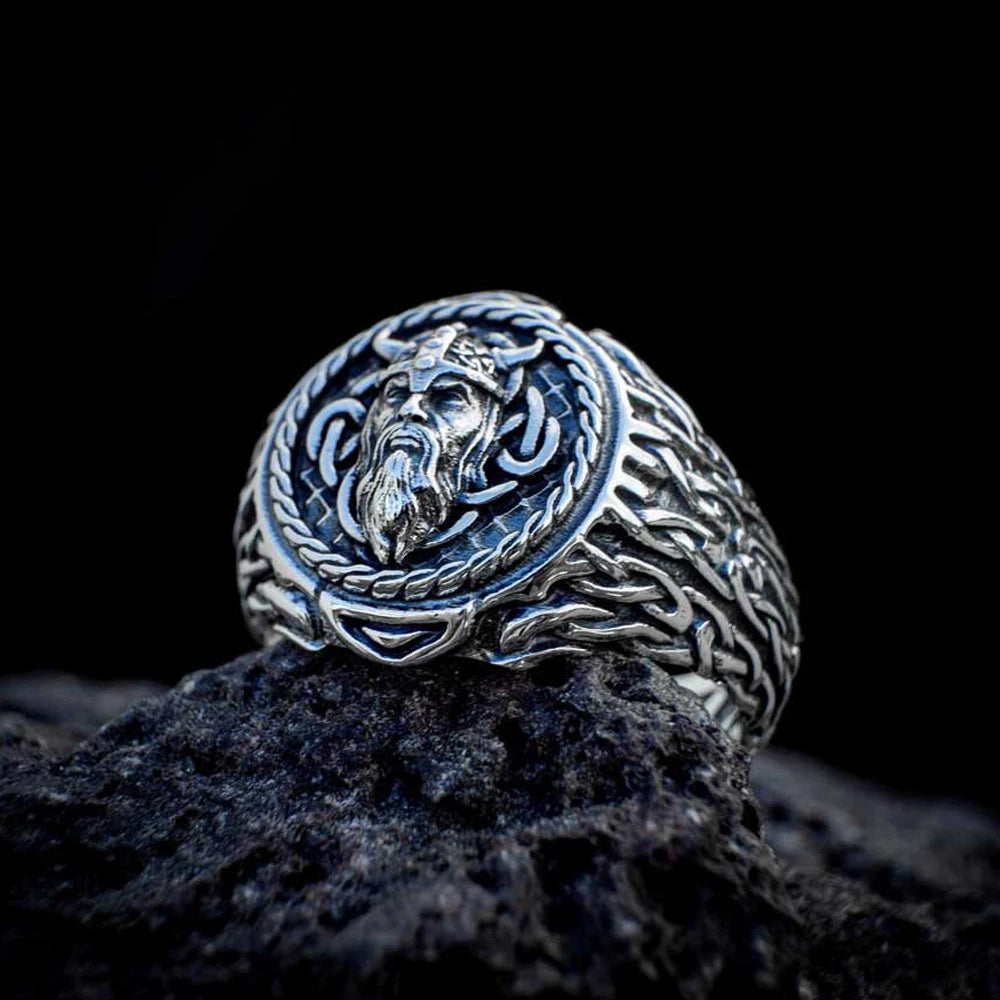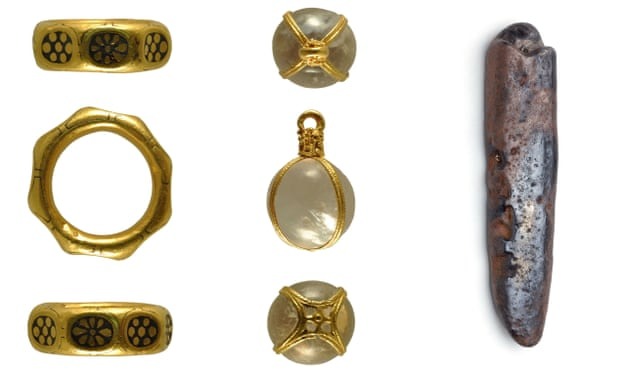
The £3 Million Viking Treasure Heist and Its Legal Fallout
In a saga that bridges the distant past with modern legal battles, Layton Davies and George Powell's discovery of a £3 million Viking treasure hoard has led to a lengthy sentence extension after Davies failed to repay the gains from illegally sold artifacts. Unearthed in 2015, this treasure, dating back over a millennium, offers a remarkable glimpse into Anglo-Saxon and Viking history. However, what should have been a historic find evolved into a complex criminal case, underscoring the challenges of preserving national heritage, ethical metal-detecting practices, and the legal expectations surrounding archeological finds.
In this article, we delve into the events that unfolded, analyzing the broader implications for heritage protection and the ongoing debate about metal detecting in the UK. We also explore the hoard's significance to Anglo-Saxon history, the criminal aspects of the case, and the impact on policy.
The Discovery and the Crime: A Timeline of Key Events
The Viking hoard, discovered on a Herefordshire farm in June 2015, initially held promise for adding to the public's understanding of medieval history. Buried approximately 1,100 years ago, the collection consisted of jewelry, ingots, and coins—items that likely symbolized political and cultural alliances between the ancient kingdoms of Mercia and Wessex during the rule of King Alfred the Great.
Yet instead of reporting their find, as required by the UK's Treasure Act, Davies and Powell chose to secretly sell significant portions of the hoard. This decision catalyzed a sequence of events that led to their 2019 convictions, after which both men were handed substantial prison sentences for failing to declare the treasure and profiting from its sale.
In 2024, Davies's sentence was extended by an additional five years after he failed to pay back £600,000 plus accrued interest—a sum that, according to legal obligations, he owed for his role in the illegal transaction.
Why the Viking Hoard is Historically Significant
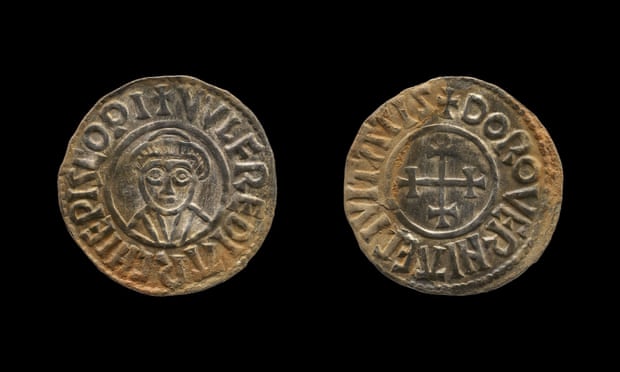
A coin from a Viking treasure dating back 1,100 years to the reign of King Alfred the Great. (Photograph: British Museum/AP)
The treasure from Herefordshire represents an invaluable part of Anglo-Saxon and Viking history. Experts believe that the contents could provide insights into historical alliances that had previously been undocumented. The hoard's collection includes:
- Coins and Ingots: Some of these coins depict rulers from both the Mercian and Wessex kingdoms, suggesting potential cooperation and exchange between these regions.
- Jewelry and Pendants: A crystal pendant encased in gold, rings, and other items reflect craftsmanship that might indicate trade connections or cultural exchanges across the Anglo-Saxon and Viking worlds.
- Gold and Silver Artifacts: The mix of metals also offers clues to the economic landscape and trade routes of the period.
This wealth of information makes the hoard an essential link to understanding the early medieval period in Britain. Experts have lamented the loss of context and information caused by Davies and Powell's actions, which have impacted what could have been a well-documented archeological record.
The Legal Repercussions and the Treasure Act
The UK’s Treasure Act mandates that all finds of archaeological interest be reported within 14 days to a local coroner, providing a framework for assessing the items’ historical significance and determining whether they qualify as treasure. Once declared, these treasures are typically offered to museums, with finders and landowners receiving a reward for legally reported discoveries.

In this case, Davies and Powell breached the Treasure Act, opting for personal gain over legal compliance. The extension of Davies’s sentence for failing to repay the money underscores the severity with which the UK legal system treats the illicit sale of historically significant artifacts. Debbie Price, Deputy Chief Crown Prosecutor, reinforced this view by stating that “crime doesn’t pay,” emphasizing the CPS's commitment to pursuing cases where offenders fail to uphold their financial obligations stemming from illegal activities.
The Ethical Debate: Metal Detecting and Heritage Preservation
The Viking hoard theft raises critical questions about metal detecting as a hobby in the UK, where an estimated 20,000 hobbyists use metal detectors. While many adhere to guidelines, cases like this one illuminate the potential for harm when guidelines and laws are ignored. The ethical debate surrounding metal detecting is especially relevant given that:
- Hobbyists and Heritage: While metal detecting can contribute to heritage preservation by uncovering hidden artifacts, incidents like this highlight the importance of strict adherence to reporting laws.
- Public Ownership of National Heritage: The notion that significant historical finds belong in public repositories reflects the UK’s commitment to preserving its national heritage for collective benefit, not personal profit.
There is an ongoing discussion around improving education for metal detectorists, as well as increasing penalties for non-compliance, to protect historical artifacts from falling into private hands without proper examination and documentation.
Conclusion: The Importance of Upholding Historical Integrity
The theft and sale of the Viking hoard underscore the delicate balance between discovering history and protecting it. Layton Davies and George Powell's choice to prioritize personal gain over legal compliance and public heritage has deprived the world of a complete understanding of a significant historical period. While legal actions have been taken to mitigate the consequences of their actions, the lost historical insights cannot be fully recovered.
This case stands as a cautionary tale for both hobbyists and professionals alike, underscoring the responsibility that comes with uncovering cultural treasures. By adhering to legal frameworks and prioritizing ethical practices, future generations can help ensure that the discoveries of today will illuminate history for all.
References
- The Guardian. (2024). "Metal detectorist who stole £3m Viking hoard jailed for five more years." Retrieved from https://www.theguardian.com/uk-news/2024/sep/12/metal-detectorist-who-stole-3m-viking-hoard-jailed-for-five-more-years
